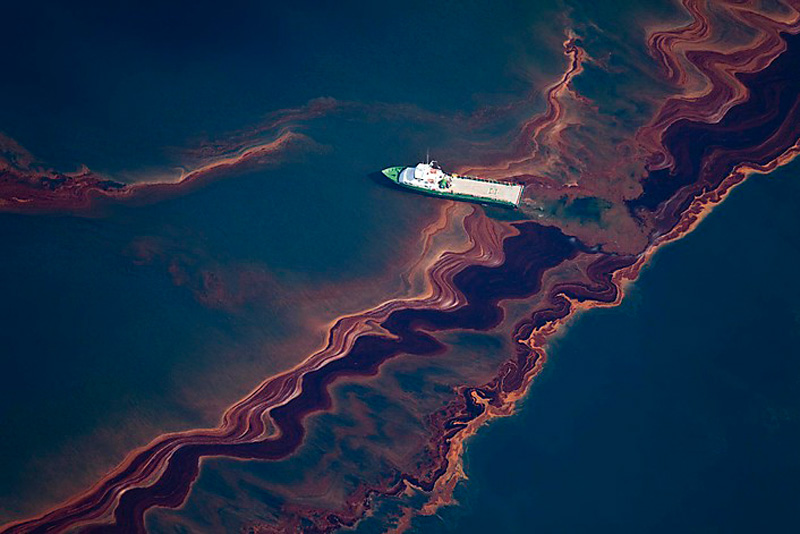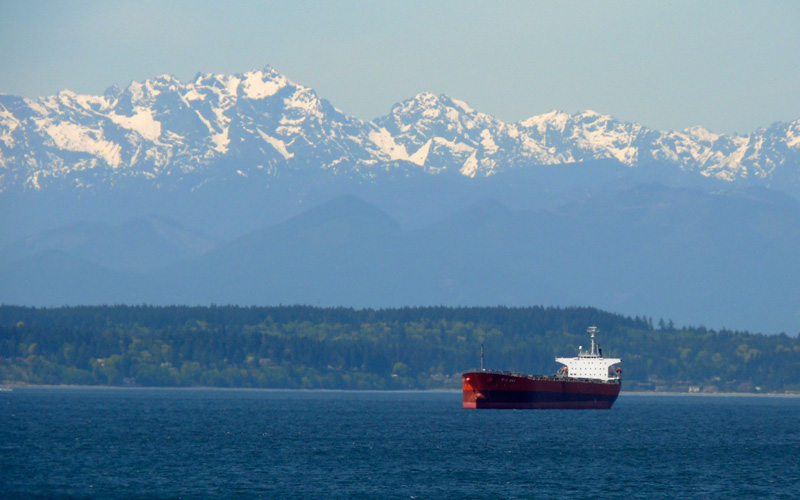Washington has five oil refineries that sit on the shores of the Puget Sound and that result in more than 20 billion gallons of oil traveling through our state by train, pipeline, and tanker every year. This transport of oil puts all of us at risk of oil spills and harm to our communities and waterways.

Since Stand Up To Oil’s founding, Washington Environmental Council and our partners have passed major policies to strengthen Washington’s prevention, response, and preparedness measures against oil spills and explosions.
Recent Progress
2019 Oil Spill Prevention (HB 1578):
- Requires vessels carrying crude oil in the Salish Sea, such as barges and smaller oil tankers, to be escorted by a tug around the San Juan Islands
2018 Oil Transportation Safety Law (SB 6269):
- Closed tax loophole for oil industry by requiring all modes of crude oil transport to be taxed and for those funds to be used for oil spill prevention. It also required fossil fuel companies to establish and update contingency plans and oil spill prevention plans, with a focus on addressing heavy sinking oils such as tar sands
2017 Supplemental Budget Adoption:
- Filled a key funding deficiency in our state’s oil spill prevention and preparedness program in order to continue key work
2015 Oil Transportation Safety Act (HB 1449):
- Although this was a weaker version of the bill than we had hoped to pass, this law has established groundbreaking measures, including creating a publicly available portal of information on the transport of oil in our state, putting the oil industry more on the hook for the risk they pose to our state, and requiring more prevention and preparedness planning
While we have made progress to update our state’s laws and put more of the burden on the oil industry, there remains much to do to ensure we do not have an oil spill or an explosion that puts the safety of our waterways and communities at risk. We will continue to engage in the implementation of these laws and seek to strengthen our prevention and preparedness requirements for the safety of all Washingtonians.

Information on oil transport can be found here:

